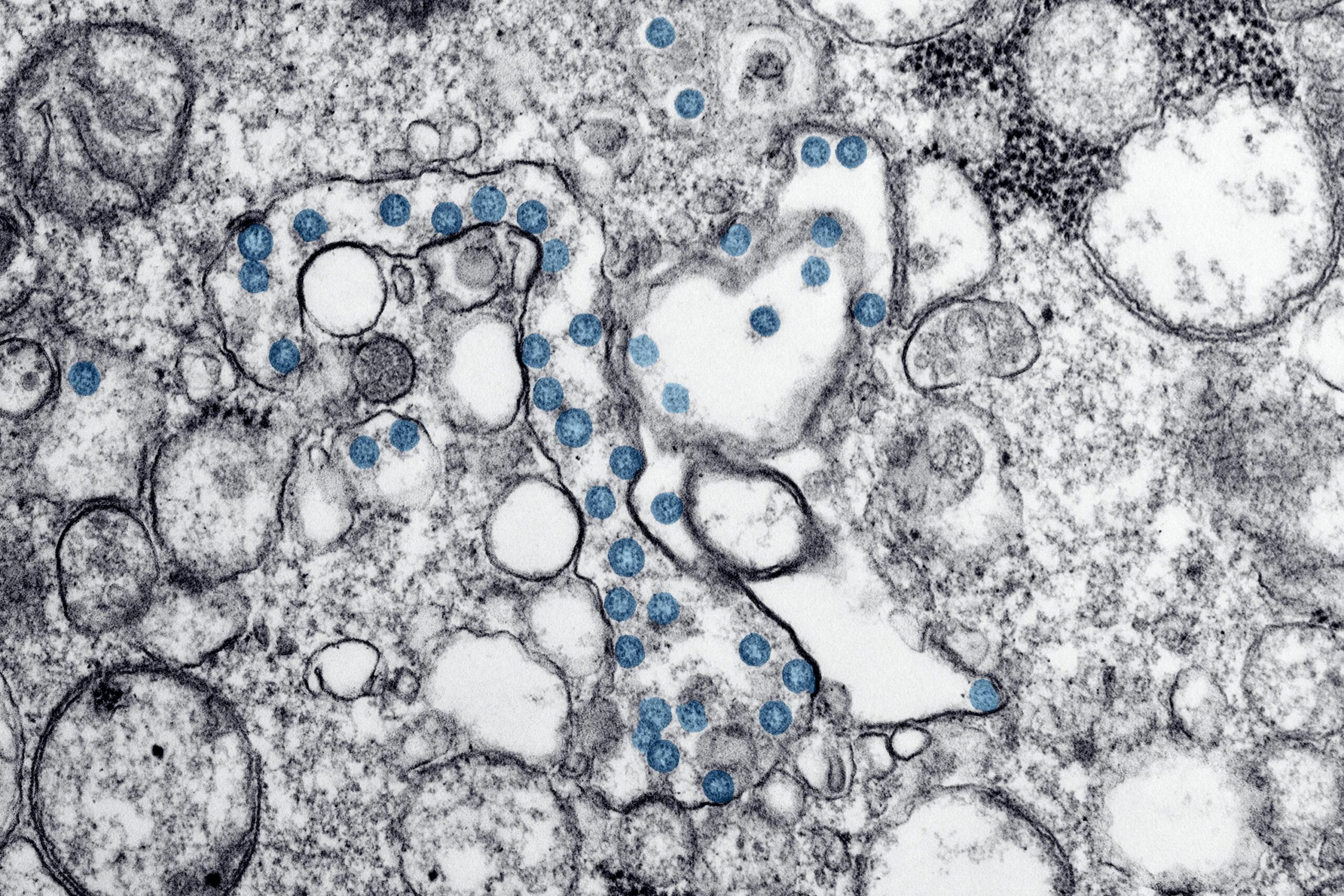There is a saying within the medical community, “If you know diabetes, you know all of medicine.” Every cell, every organ, every function, every system in the body – all are affected in diabetes. It is one of the most rigorously researched diseases, yet there is still far more mystery than understanding of the condition. Fortunately, a recent, important breakthrough was made by collaborating scientists at prominent diabetes centers. They discovered that gut microbes have roles in regulating the functions of the pancreas and hormone production within the gastrointestinal (GI) tract.
The team of researchers from Boston College, the Joslin Diabetes Center, and Maastricht University, Netherlands, opened a new path to better understanding of the interplay between gut microbes and the pancreas. Professor Emrah Altindis, from Boston College, explains that these findings may lead to new gut microbiome-based therapies to normalize function of the pancreas and GI tract hormones in obese diabetes patients.
“Our results are quite novel and very exciting,” Altindis says in a media release. “To our knowledge, this is the first study showing that gut microbes play this important role in regulating pancreas function and secretion of gut hormones in mice.”
The team confirmed the results of their findings in humans by replicating the approach to treatment in men with obesity. More than 40 percent of the U.S. population is classified as obese. Another 37 million Americans have diabetes, according to the U.S. Centers for Disease Control and Prevention (CDC).
The team administered two common antibiotics – vancomycin and metronidazole – to “remodel” the gut microbiota in two groups of mice. One group had been fed a high-fat diet, rendering the mice not just obese but also insulin resistant, like millions of Type 2 diabetes patients. A control group was fed a balanced food product.
A subgroup of the obese mice was treated either with the vancomycin or metronidazole antibiotics, which remodeled the gut microbiota. This sub-group remained obese, but these mice showed increased insulin sensitivity. These mice with remodeled gut microbiota were more glucose-tolerant than obese mice that did not receive the antibiotics, said Altindis. Antibiotic treatment made lean mice even more insulin sensitive.
“This consistency in our results in both lean and obese mice suggests that the effects on host metabolism are independent from the diet or fat mass, but directly related to the altered gut microbiota composition,” says Altindis.
Furthermore, the high-fat diet increased the size of the pancreas; but following antibiotic treatment the size of the pancreas returned to normal, the team reports.
Among obese mice treated with antibiotics, the team shows that gut hormones – which are central to regulating metabolism – returned to levels comparable to those of lean mice.
“We showed that one week of vancomycin treatment was sufficient to alter their [humans] pancreas enzyme levels, a result similar to our findings in mice,” said Altindis. “We are working on follow up studies to better understand the underlying mechanisms and identify specific bacterial species and products leading these functional alterations.”
The study is published in the journal Diabetes.











